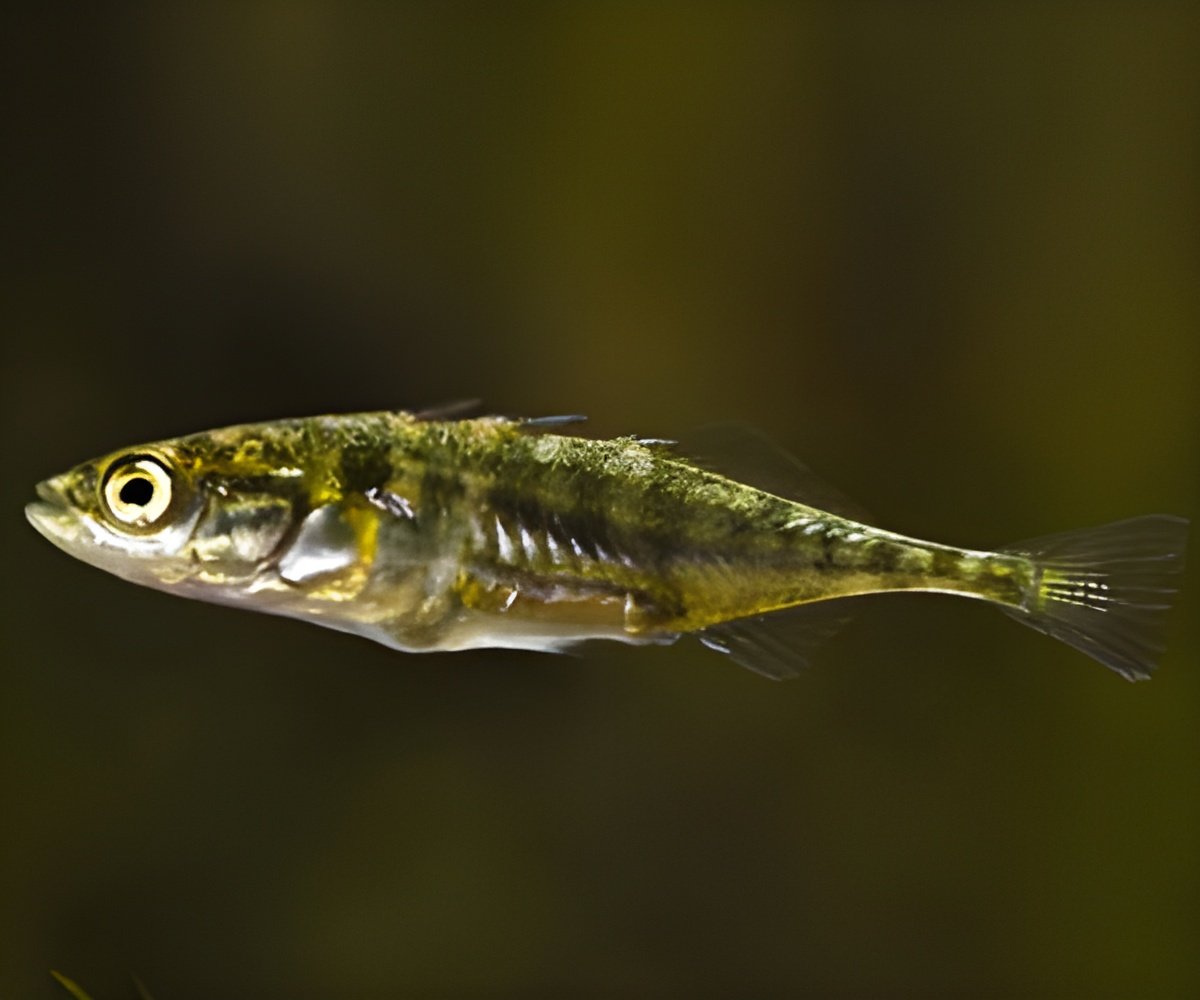Raw food items sold in most city markets have lead concentration far above the permissible limit and can permanently damage key human organs.

‘Prolonged exposure of lead, which is a highly toxic element, to humans can cause permanent damage to the kidneys, liver and hematologic systems.’





The scientists have highlighted the linkages of the presence of the toxic substance with diesel combustion. The observations are based on recent studies carried out by a group of scientists lead by Avijit Das, Chemist of Geological Survey of India (GSI). Raw food items sold on the streets contain a mean lead concentration between 3.78 and 43.35 mg/kg (average 23.56 mg/kg), way higher than the threshold value of 2.5mg/kg specified by Food Safety & Standards Regulation (2011), India, the report says. About 75% of this lead contamination is contributed by atmospheric lead produced by incomplete diesel combustion, it adds.
Prolonged exposure of lead, which is a highly toxic element, to humans can cause permanent damage to the kidneys, liver and hematologic systems.
Children are more at risk because lead exposure can reverse their brain growth and cause irreversible damage to their overall well being.
The study also found that about 75 percent of the Lead contamination in the food items sold in Kolkata markets, were contributed by atmospheric Lead, mainly produced by the combustion of diesel.
Advertisement















